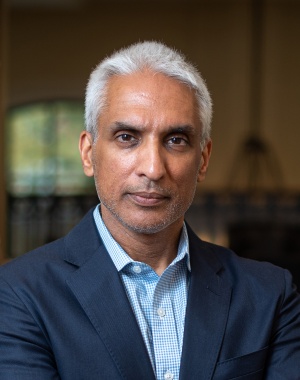In the immediate aftermath of the terrorist attacks on September 11, 2001, counterterrorism quickly became the most important national priority for the United States and dominated the security landscape for the rest of the decade. Even after the death of al-Qa’ida leader Usama bin Laden in 2011—which some experts thought might have signaled the potential demise of that group and the threat it posed to the United States, al-Qa’ida and other groups remained resilient even when faced with significant counterterrorism pressure. By the middle part of the 2010s, events such as the Arab Spring, the rise of the Islamic State in Iraq and al-Sham (ISIS), competition from China and Russia, and security threats from regimes like North Korea and Iran combined to force hard choices regarding the prioritization of counterterrorism and the U.S. focus on it. Over the last twenty years, key decisions in the National Security Council (NSC) drove U.S. policy on counterterrorism, with different approaches adopted by different administrations.
This class will explore U.S. policy on counterterrorism before and after the September 11, 2001 attacks through the lens of NSC decision-making and some of the key personalities involved. It will first look at the NSC from a historical context and identify its key roles and functions, before transitioning into an examination of terrorist threats, and then the more specific aspects of NSC decisions and policy choices on counterterrorism. The course will also involve guest speakers, writing assignments geared toward NSC style and format, and simulated NSC meetings where students assume different interagency roles and examine potential courses of action on various counterterrorism issues.
The objectives of the course include:
1. Learning key NSC functions, the organization’s evolution since its creation in 1947, and how counterterrorism functions within it.
2. Identifying different terrorist threats the United States has confronted over the last three decades.
3. Evaluating the strengths and weaknesses of counterterrorism policy choices across different administrations.
4. Developing practical analytic, writing, and oral presentation skills relevant to national security career fields.
